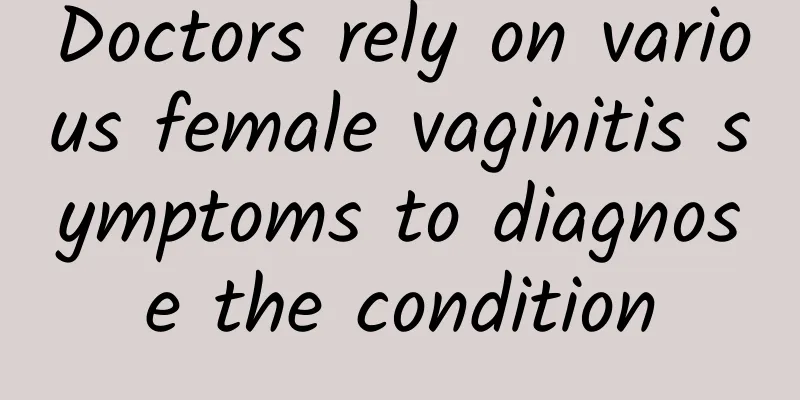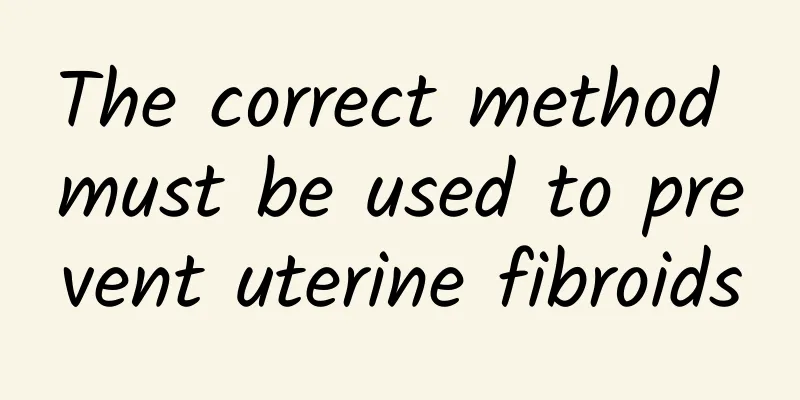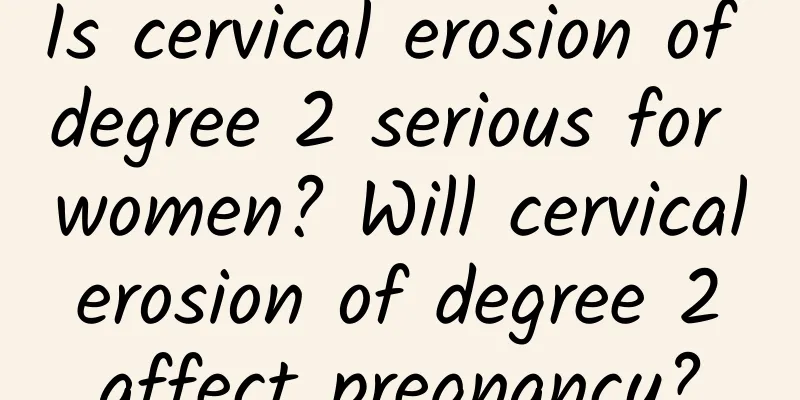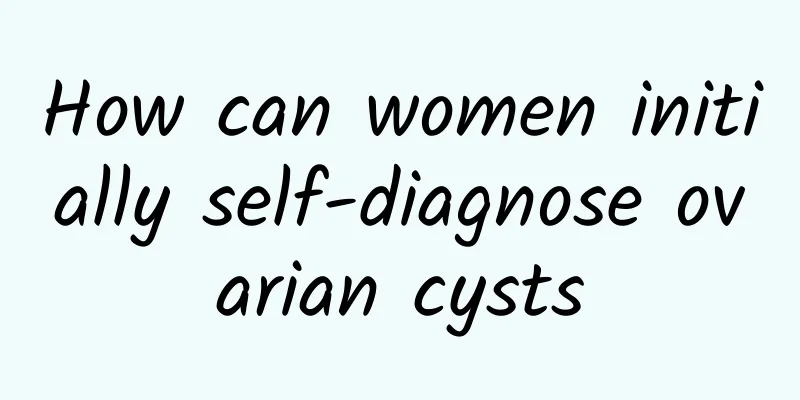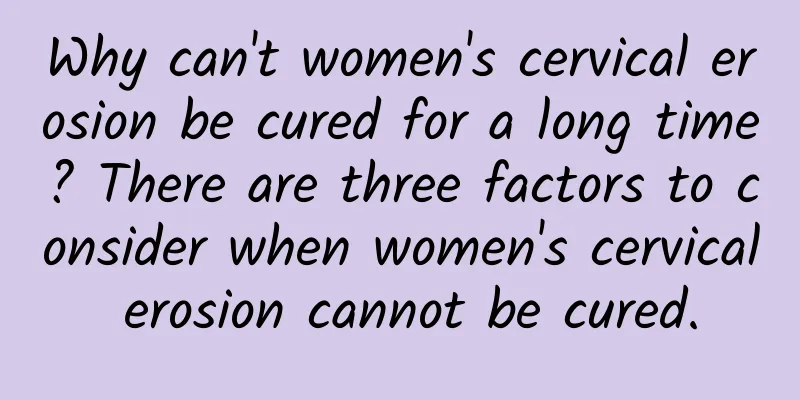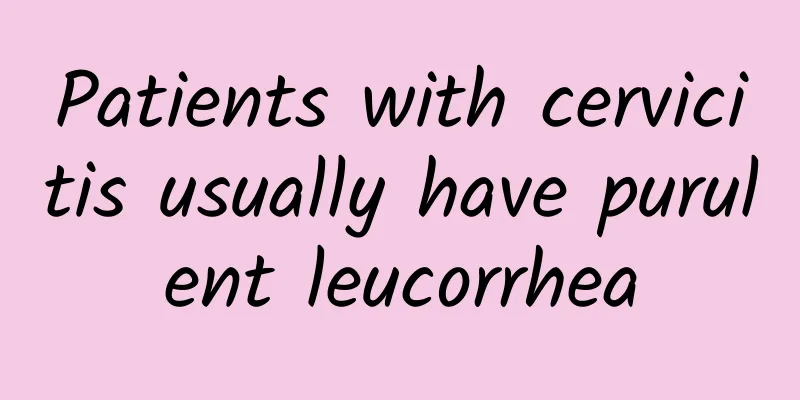Postoperative care for uterine fibroids
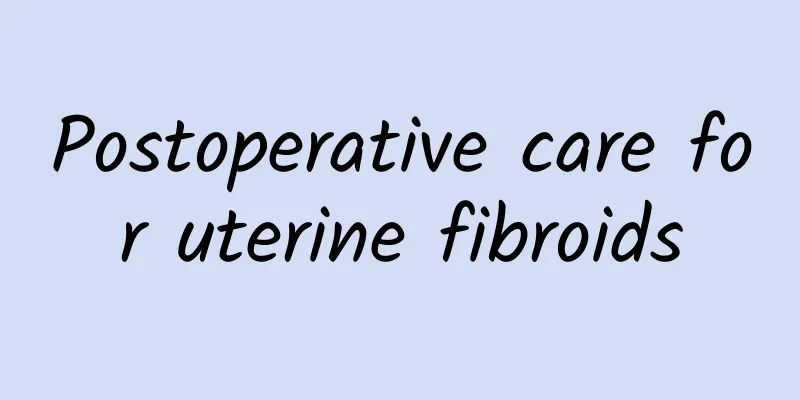
|
What should be paid attention to in postoperative care of uterine fibroids? Uterine fibroids are one of the female genital tumors. Although most uterine fibroids are benign, there are still a few that are malignant. Timely surgical treatment and post-treatment care should be paid attention to. Postoperative care for uterine fibroids includes three aspects: 1. Cleaning and care The abdominal wall incision should be kept dry after discharge. Since the sutures have just been removed, the needle holes have not yet completely healed, and the incision scabs have not yet fallen off, it is not advisable to take a bath. Of course, the skin on the whole body still needs to be kept clean, and it is best to take a bath. 2. Pain care Generally speaking, there may still be slight hanging pain at the abdominal incision when you are discharged from the hospital. It is normal to have acupuncture pain from time to time. If the pain in the mouth is obvious, you need to check whether it is red and swollen to rule out the possibility of infection. If there is pus squeezed out, you need to go to the hospital to change the dressing. After a few days of rest, the slight pain will usually improve on its own. If the pain is obvious, you need to go to the hospital to rule out the sequelae left after anesthesia, and use some drugs if necessary for postoperative care of uterine fibroids. 3. Diet adjustment Postoperative care for uterine fibroids includes drinking some warm water after the surgery. If there is any discomfort, you can start to eat liquid food such as porridge. You can resume normal diet the next day. Because protein is needed for wound healing, high-protein foods such as fish and lean meat should be consumed to accelerate wound healing. Avoid irritating foods such as peppers, smoke, oil, and coffee to avoid stimulating gastric acid secretion and causing gastrointestinal discomfort. The above introduces the postoperative care for uterine fibroids. Since the common symptoms of uterine fibroids in the early stage of onset are not very obvious, they are often ignored by female friends. In fact, uterine fibroids are very harmful to women's health and should be treated in time after onset. The above is the relevant information about postoperative care for uterine fibroids. Experts remind patients with uterine fibroids not to worry too much and go to a regular hospital in time, and the symptoms will be effectively relieved. |
<<: What are some simple ways to relieve menstrual cramps?
>>: Are the symptoms of vaginal candidiasis serious?
Recommend
Is cervical erosion a recurrence or is it simply not cured?
Cervical erosion is a gynecological disease that ...
Improper sex life brings 4 major problems, cervical erosion ranks first
Improper sexual life can cause four major problem...
Irregular uterine bleeding is a common symptom of menstrual irregularity
If women do not pay attention to the symptoms of ...
What are the symptoms of diffuse adenomyosis?
What are the symptoms of diffuse adenomyosis? Man...
How should miscarriage be treated?
How should miscarriage be treated? I believe ever...
Powerful fight against obesity! 3 exercises a day, lose 18kg quickly after giving birth
There are many pregnant mothers who gain nearly 2...
Experts analyze the causes of vaginitis in daily life
Patients with vaginitis all know that there are m...
Is endometrial tuberculosis dangerous?
The occurrence of endometrial tuberculosis can ca...
Do you have trouble with the "6:30" sex life? Nutritionist Gao Minmin: Take in 6 nutrients to stay energetic
Men need to stay energetic and avoid being unable...
Throw away your weight loss menu 3 key points to eat out the golden curve
"I have steamed buns with soy milk for break...
Standardize the causes of habitual abortion
The incidence of habitual miscarriage is getting ...
Will irregular menstruation affect the body of female friends?
Irregular menstruation is a condition that most w...
What examinations do women need to do before having an abortion?
Many women get pregnant without taking any protec...
Will women's dysmenorrhea gradually ease with age?
Nowadays, the causes of dysmenorrhea in women hav...
Experts briefly analyze the causes of cervicitis
There are many types of gynecological diseases in...
